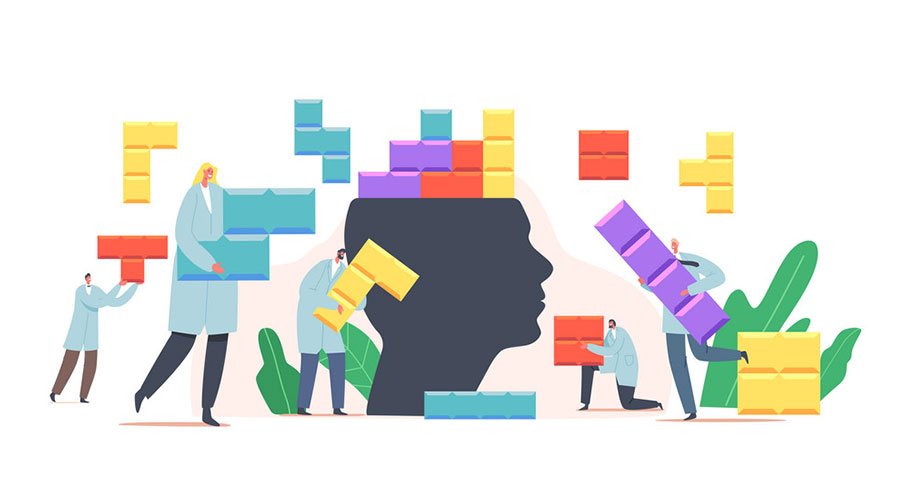ASK A PHYSICAL THERAPIST
- 13 Apr - 19 Apr, 2024

How do I know that I should go see a therapist? At which point do most patients decide?
First of all, we have a thing about the word “should,” in that we really don’t like it! We like to view things in terms of want and consequences. Do we want it? Are we okay with dealing with the potential consequences? (You can also incorporate the word “need” – do we need it?) If we want it, and are okay with any consequences, we’re going for it. People go to therapy for all different reasons. Some clients come looking to grow. Some come to deal with a specific life situation. Some come when they’re at a breaking point, but we don’t think any time is a wrong time to come. And while not everyone absolutely “needs” therapy, everyone can benefit from it. If you’re asking if you should go, it’s likely you have something going on that could benefit from therapy. It doesn’t hurt to reach out to a therapist for a free initial consult and see if you feel it’s a fit.
How does a therapist know what to focus on with a new patient that suffers from anxiety?
In the initial session, we ask the client to tell us what anxiety looks like for them. What situations trigger it, what thoughts and feelings they experience when triggered, etc. Some patients are triggered by social situations, some by health worries, some by fear of failure, some get triggered by everything and anything, and the list goes on. Working with the individual to understand their experience of anxiety helps us choose the focus and what exercises we will work on.
Once diagnosed with anxiety and depression, will you always be prone to it and need medication for life?
The answer to this question will really vary from person to person. In short, it brings up the nature-versus-nurture debate. The common belief now is that “nature loads the gun, environment pulls the trigger.” If you did have depression and anxiety, it’s possible that you are more prone to it if you are triggered than someone who has not been affected in that way. But through therapy you can learn a lot of useful tools and strategies for coping with situations so that your anxiety/depression does not get triggered, and in many cases, if you are consistent with using those and your body does not require medication, then you will not need to take it forever.
COMMENTS